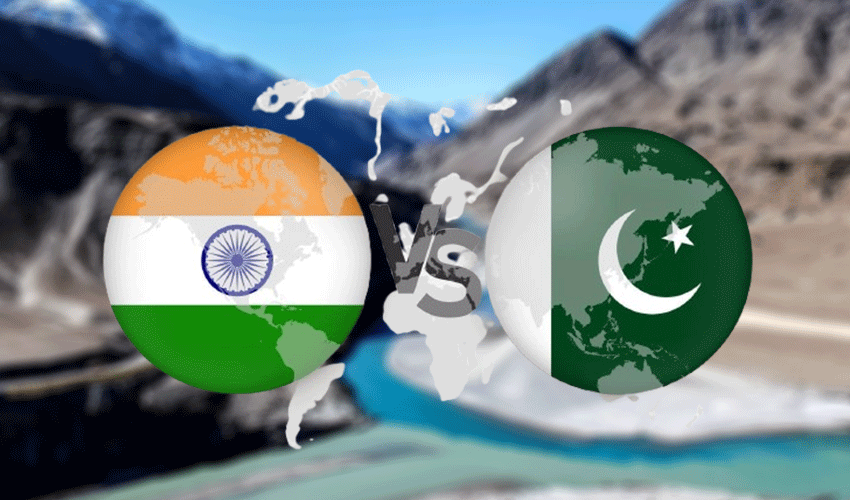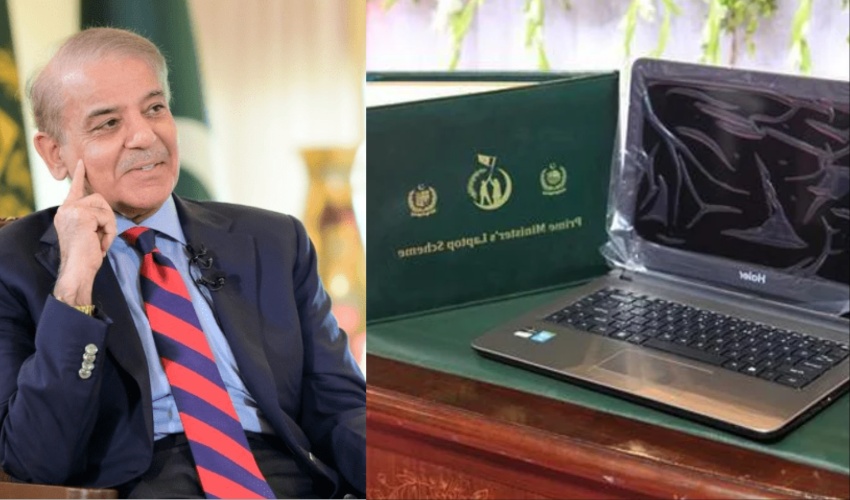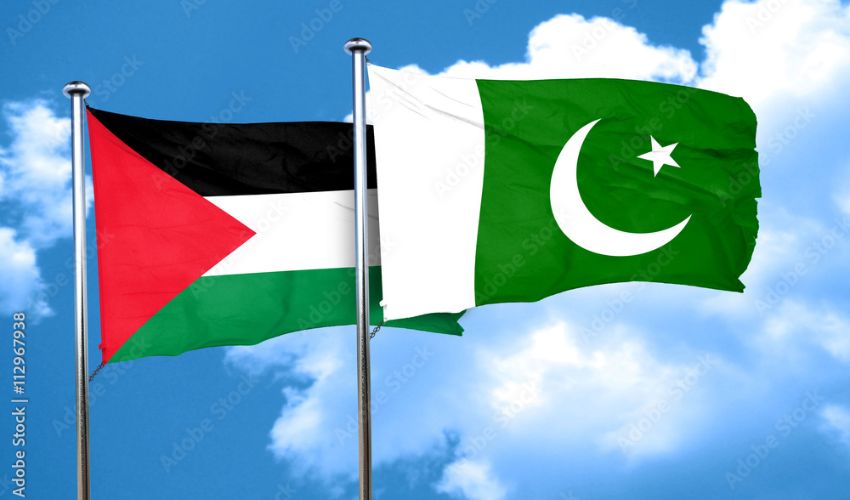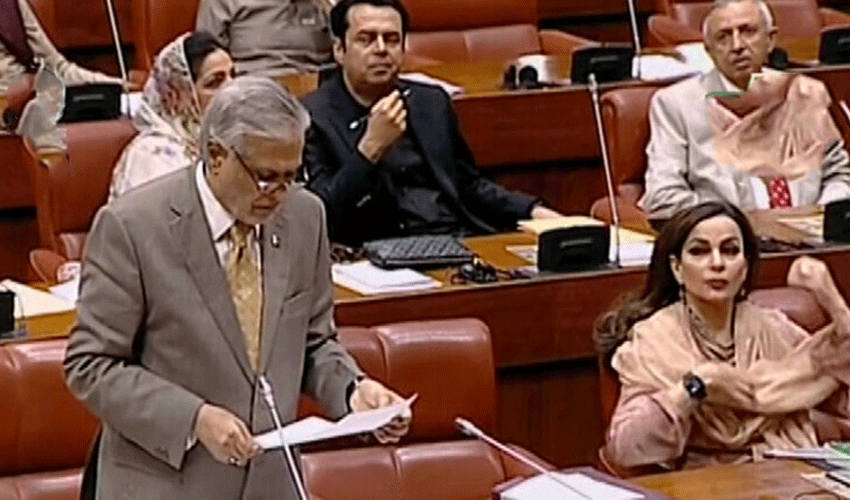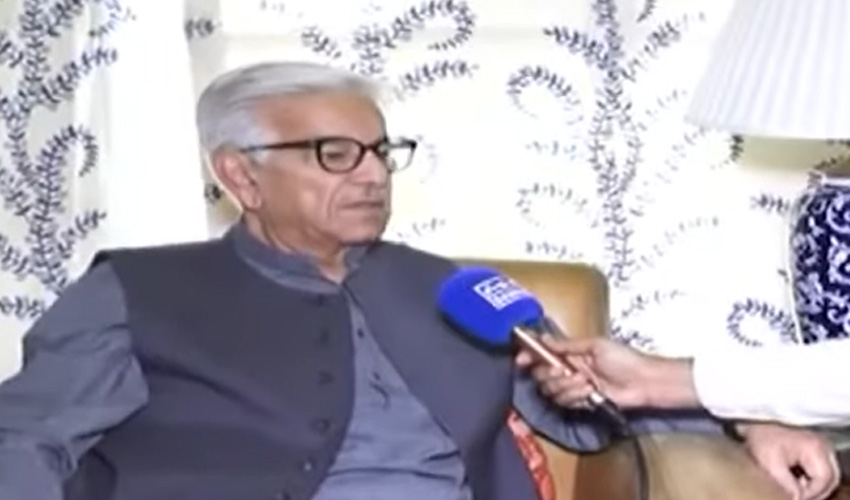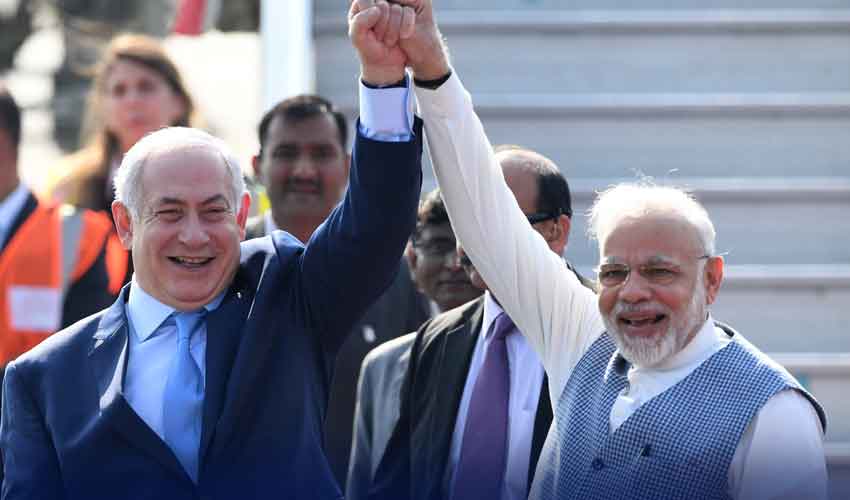The Indus Water Commission has initiated a review of India's recent suspension of the Indus Water Treaty, with experts from Pakistan's Ministry of Foreign Affairs, Ministry of Water Resources, and the Commission set to assess the implications of the move.
According to sources within the Commission, a think tank comprising legal and diplomatic experts will be formed to deliberate on the matter and provide its recommendations to the cabinet.
The final strategy will be determined by the Prime Minister, who will base the next steps on the think tank’s findings.
Sources familiar with the developments suggest that Pakistan’s legal and constitutional stance in the ongoing dispute is significantly stronger than India's, pointing to India's unilateral decision to depart from the treaty.
In light of these developments, Pakistan is considering several diplomatic measures, including submitting a formal complaint to the World Bank and engaging with the United Nations. A report from legal experts will soon be presented, likely paving the way for further international actions.
Former Additional Indus Water Commissioner Shiraz Memon has weighed in on the situation, clarifying that India cannot immediately stop Pakistan’s water supply.
Speaking to the Samaa TV, Memon explained that under the Vienna Convention, while both countries have the option to suspend the treaty, they cannot outright cancel it.
He further stressed that even if India were to attempt such a course of action, it could take up to 15 years to complete the necessary infrastructure to stop the flow of water, such as constructing dams as part of the project.
"India, in its current state of shock, is not in a position to stop Pakistan’s water," Memon said. "The Vienna Convention permits only the suspension of the treaty, not its cancellation. If India intends to pursue this path, it will take a considerable amount of time and resources to implement."
The Indus Water Treaty, signed in 1960, governs the distribution of water from the Indus River system between Pakistan and India. Any disruption to this treaty would have significant implications for both nations, particularly Pakistan, which relies heavily on the water for agriculture and drinking purposes.





